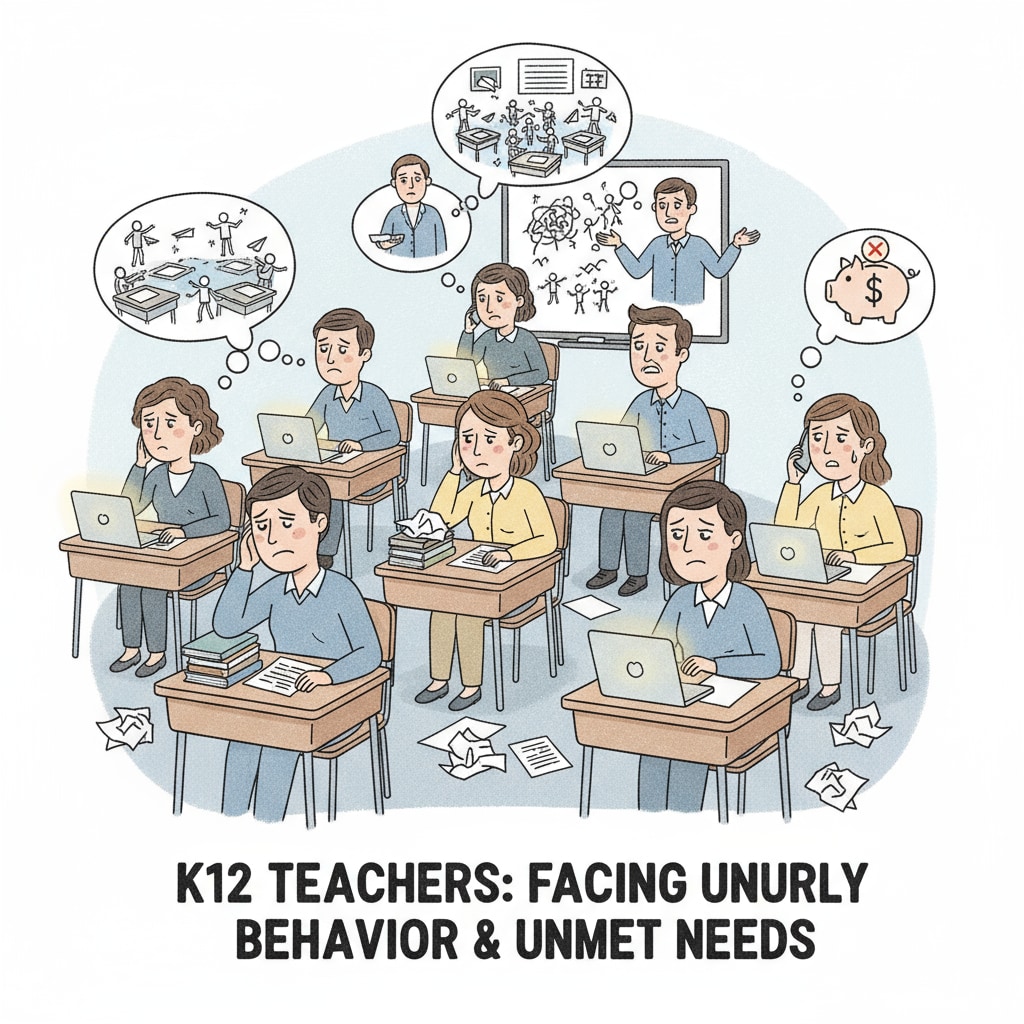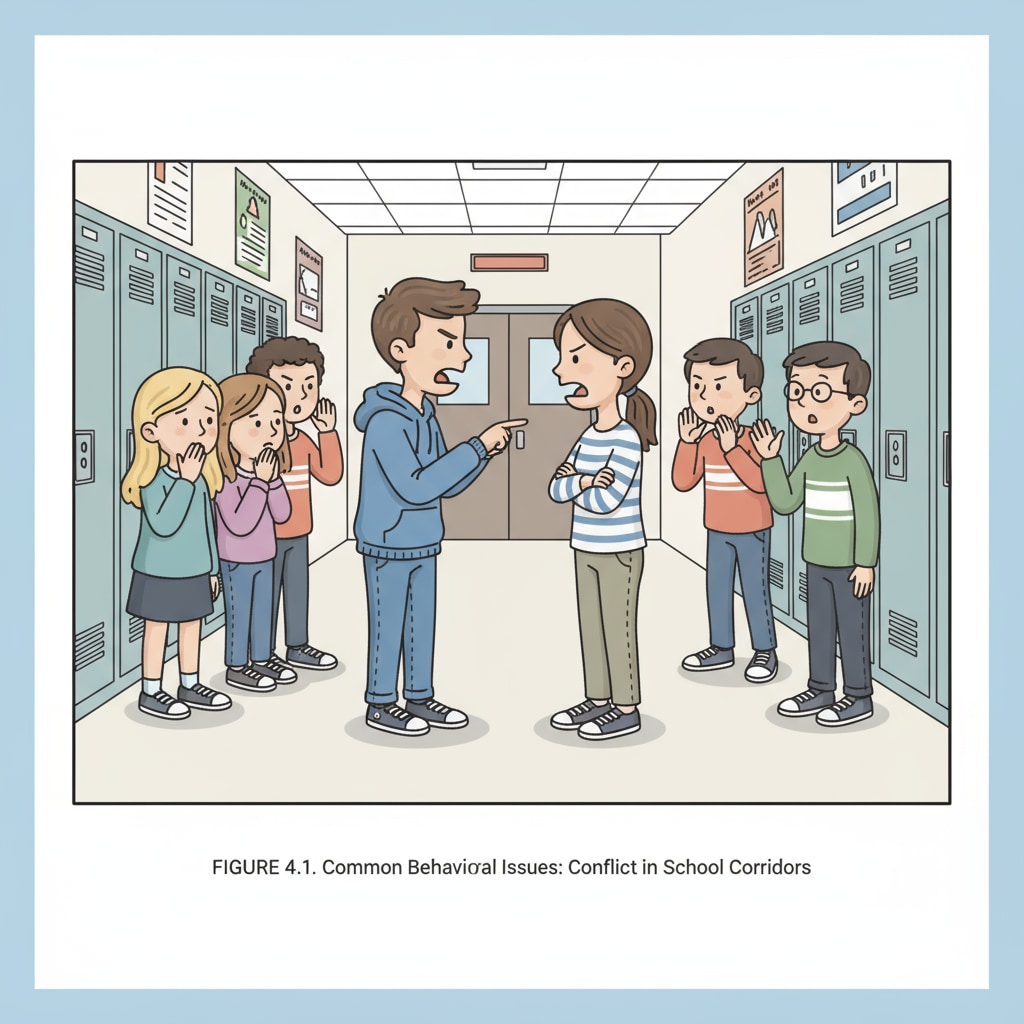Student behavioral issues, lack of support, and professional frustration are significant challenges that K12 teachers often face in today’s educational landscape. In an ideal world, educators would have a robust support system to help them manage students’ misbehaviors effectively. However, the reality is quite different.

Teachers are often left to navigate these difficulties alone, which can lead to a sense of isolation and burnout. For instance, according to the National Education Association, many teachers report feeling overwhelmed when dealing with student behavior problems without adequate support.
The Struggles of Dealing with Student Behavioral Issues
Student behavioral issues come in various forms, from minor disruptions to more serious incidents. Teachers are expected to address these problems while simultaneously delivering high-quality instruction. This dual responsibility can be incredibly demanding. For example, a teacher may have to interrupt a lesson to deal with a student who is constantly talking out of turn. This not only disrupts the flow of the class but also takes valuable time away from teaching. In addition, more severe behavioral problems, such as aggression or bullying, require a significant amount of time and effort to resolve. Teachers often lack the necessary training and resources to handle these situations effectively.

The Absence of Adequate Support
The lack of support for teachers dealing with student behavioral issues is a widespread problem. At the school level, there may be insufficient counseling services or behavioral intervention programs. Teachers may not have access to specialized staff, such as school psychologists or behavior specialists, who could provide guidance and support. Moreover, administrative support is often lacking. Principals and other administrators may be too focused on academic performance to allocate sufficient time and resources to address student behavior problems. Outside of school, teachers may not receive much support from parents or the community. Parents may be unresponsive or even hostile when informed about their child’s behavior issues, adding to the teacher’s stress. Education Week has reported on numerous cases where teachers felt abandoned in their efforts to manage student behavior.
The cumulative effect of these factors is professional frustration. Teachers enter the profession with a passion for educating and making a positive impact on students’ lives. However, when they are constantly faced with student behavioral issues and a lack of support, their enthusiasm can quickly fade. This frustration can lead to a decrease in job satisfaction and even cause some teachers to leave the profession altogether. To address this crisis, it is essential to build a comprehensive support network for K12 teachers. This network should include better training programs, increased access to specialized staff, and improved communication and collaboration among teachers, administrators, parents, and the community.
Readability guidance: By using short paragraphs and lists, we can clearly summarize the key points. For example, under each H2, we can present the issues in a list format. Also, we need to control the proportion of passive voice and long sentences. And throughout the article, we should add transitional words like ‘however’, ‘therefore’, ‘in addition’, ‘for example’, ‘as a result’ etc. to make the flow more natural.


